-
I feel pain in my ankle and my doctor said that it looks like Achilles Tendinitis. What is Achilles Tendinitis?
-
Symptoms such as pain in the back of the heel or lower calf, pain with standing on tiptoes, or pain in the heel when starting to move are likely to be Achilles tendinitis. Achilles tendinitis is a condition in which the Achilles tendon becomes hypersensitive, causing pain in a variety of activities, including sports and daily life. It is especially common in people who play sports that involve a lot of running, but even some people also get Achilles tendinitis when they only do daily activities.
Some of Achilles tendinitis cases can be cured without any treatment, but unfortunately, it often takes time to heal. If your symptoms do not improve, it is advisable to seek professional medical attention.
-
Where does it hurt if I have Achilles Tendinitis? I feel pain around heel. Is this also Achilles Tendinitis?
-
There are two places Achilles tendinitis tend to occur in foot.
One is very close to the heel bone, called the Achilles tendon attachment, and the other is in the middle of Achilles tendon, about halfway between the calf and heel, where the Achilles tendon is slightly constricted. This place is also called the middle of the Achilles tendon.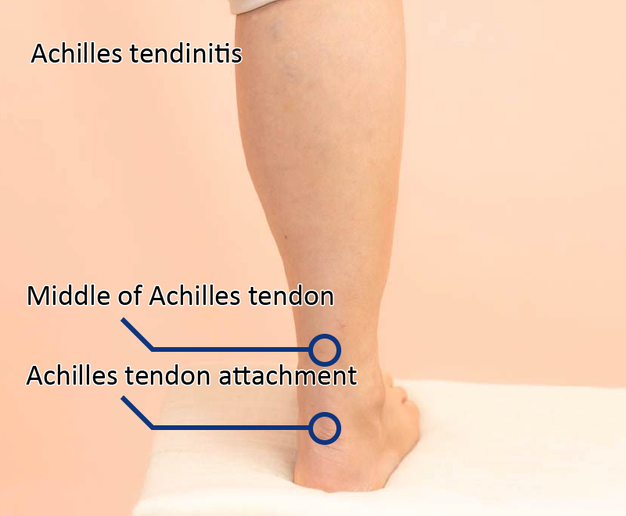
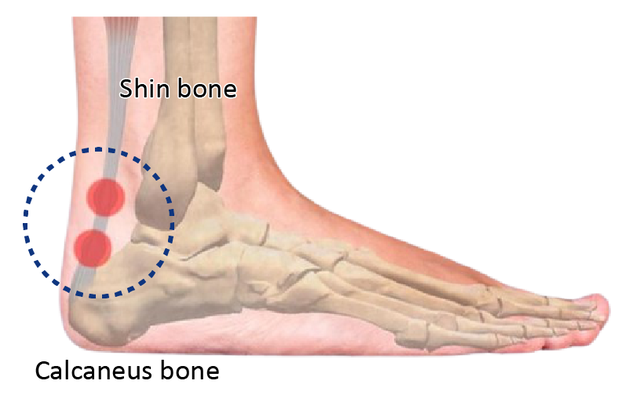
Appropriate treatment depends on which type of pain you have. If you want to know more, it is recommended to visit a professional medical institution.
-
What kind of symptom does Achilles Tendinitis have? How do you diagnose it?
-
If you feel pain in heel area while exercising or when you stand on your toes or when you start to walk, it is likely to have Achilles Tendinitis. If you have a swelling in Achilles tendinitis also likely to have Achilles Tendinitis.
We use an echo to diagnose the affected area to quickly check whether your symptom is Achilles Tendinitis or not.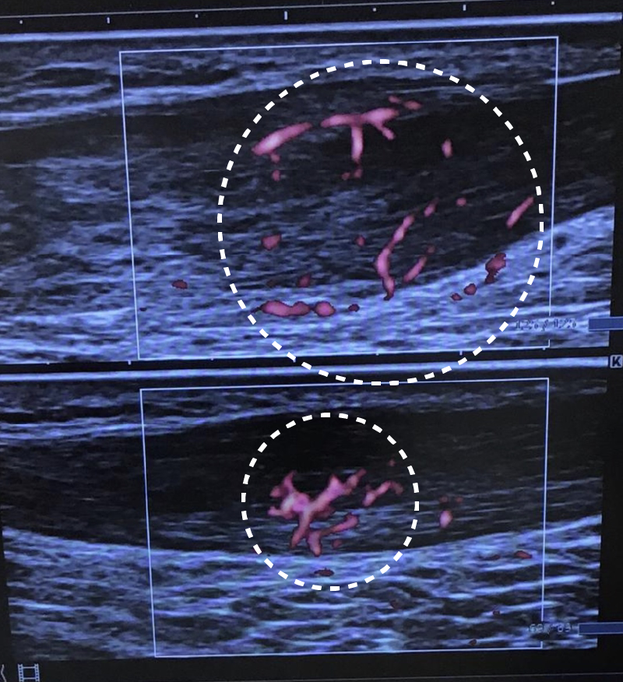
This is an ultrasonic echo image of Achilles Tendinitis. The white circled areas are where inflammation occurred and caused the pain.
-
I was diagnosed with Achilles tendinitis and told that it would heal in three weeks if I rested. However, it hasn't healed after four months. How long does it usually take for Achilles tendinitis to heal?
-
Achilles tendinitis can be divided into two types: mild and severe.
It is true that mild cases can be cured in three weeks or no longer than two months. However, nearly half of people remain in pain six months after the pain starts, and these people are classified as severe cases.
It is hard to tell when these severe cases will be cured. In severe cases, the pain persists after a year and often does not go away with normal care. It is important to rest as much as possible to prevent it from getting worse, but if it still does not improve, then you need to approach the cause of pain correctly. We recommend you seek a professional doctor for pain treatment.
-
It has been about three months since I was diagnosed with Achilles Tendinitis. What is the cause of Achilles Tendinitis? Why does it occur?
-
The main cause of Achilles tendinitis is repetitive burden. Achilles tendinitis arises due to repetitive strain from running and training. Another cause is age. After the age of 40, the possibility of getting Achilles tendinitis is getting high without any exercise.
It is considered that the cause of Achilles tendinitis is the “extra blood vessel growth” in the tendon. The human body is designed to increase blood vessels with repetitive strain. They increase, especially if you continue to practice hard without resting. In addition, after 40-year-old, problem blood vessels tend to increase even if there is no burden in tendon.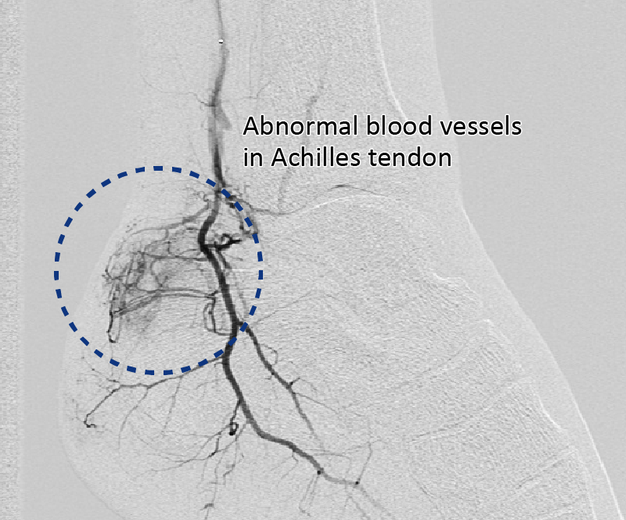
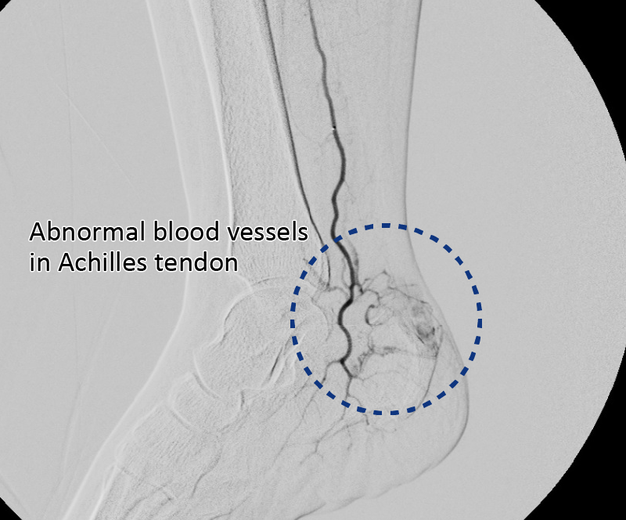
Because of the rule of human body that nerves increase with blood vessels, the pain occurs. If you are interested in this problem blood vessels, please read this article below.
-
I have pain for more than half a year, and I have tried variety of treatment, but not improved at all.
-
if your case is mild Achilles tendinitis, it can be cured within a few weeks. However, if your case is severe, it cannot be cured easily.
If you stop exercising or practicing any sports but still have pain, it is possible that your current treatment does not approach the cause of pain correctly. As noted above, the cause of pain is nerves increase with problem blood vessels. The pain cannot be cured without approaching the cause. Since it has been more than six months, it sounds like severe Achilles tendinitis, so please consult with a professional doctor.
-
I have Achilles tendinitis for approximately three months. I do not want to stop playing sports as they are my hobbies. Is there a possibility of rupturing my tendon if I continue playing sports?
-
The possibility of rupturing the tendon depends on the age. If your age is in 10’s or 20’s, the possibility of rupture is less but does not mean that there is no possibility. When young person experiences the rupture in Achilles tendinitis when a strong strain is applied to the tendon at one time, and this tends to happen for a person, who normally have no pain in their Achilles tendon, exercises or works out. If you have pain on a regular basis, you may not experience a rupture because your body naturally stops itself to avoid many strains by exercising.
However, a person who had steroid injection or extracorporeal shock wave treatment, the Achilles tendon weakens, and thus if the person keeps having these treatments, there is a possibility of rupturing the tendon.
On the other hand, if your age in in 40’s or 50’s, the possibility of rupture is relatively higher than younger generations. Over the age of 45, problem blood vessels are more likely to have a rupture. The more problem blood vessels in the Achilles tendon increases, the weaker the tissue becomes. Due to this reason, even a slight strain of daily activities can cause a rupture.
However, it is important to check your condition of Achilles tendon by ultrasound scan examination. If you are worried about your symptom, we recommend you visit a doctor.?
-
I am hesitating to have an injection for Achilles tendinitis. Does injections work?
-
Depending on what kind of injection you will have for Achilles Tendinitis. A medication called Steroid is an excellent medicine in terms of suppressing inflammation, but we don’t recommend you have it in Achilles tendon. Because it weakens your Achilles tendon after taking a few times and causes a rupture of your tendon.
Also, there are injections of hyaluronic acid, which do not weaken the tendon, but are not very effective either.In conclusion, it is not advisable to take injections blindly. It is important to visit a specialized medical institution for proper treatment.
-
Is there any effective stretch for Achilles tendinitis?
-
A stretch called eccentric stretching is effective for Achilles tendinitis. Here is how to do it.
1. Do this exercise on steps such as a stairway or low footstool.
2. Place your tip of painful foot on the step and slowly lower the heel.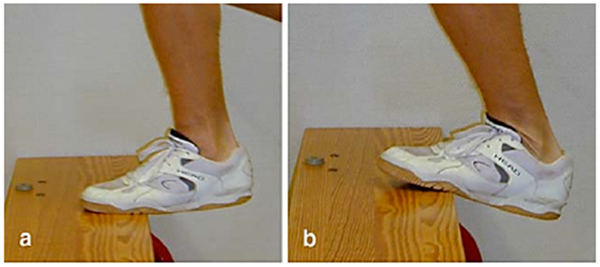
3. This should stretch the Achilles tendon and cause some pain. But continue to stretch the Achilles tendon as long as the pain is bearable (about 15 seconds).
4. Repeat this stretch three times a set, about two sets a day.The above stretch may be painful during the process, but it has been proven in papers that stretching the Achilles tendon cuts off the blood supply to the problem blood vessels that cause Achilles tendinitis. Continue this stretch for at least two weeks.
-
I have Achilles tendinitis, and my doctor asked me to have extracorporeal shock wave treatment. How is it effective for Achilles tendinitis?
-
We don’t recommend take extracorporeal shock wave for Achilles tendinitis. Extracorporeal shock wave is a treatment to damage the nerve fibers to make the patient feel less pain, but there is a certain percentage of people who find it difficult to heal from this treatment. It also causes damage to the tissues, making it easier for the Achilles tendon to tear. These side effects have been reported in foreign papers as well, so it is recommended that you ask your doctor carefully and choose the treatment.
-
I have Achilles tendinitis and have been to hospitals and clinics, but it does not improve at all. What kind of further treatment is available?
-
For severe cases for Achilles tendinitis, there is a special treatment called trans catheterization. This treatment targets the problem blood vessels that are causing the pain of Achilles tendinitis, with the goal of achieving a complete cure. For more information, please refer to this article.
Surgery is also an option, but it involves removing part of the tendon causing the pain. This is supposed to have a certain effect because it removes the painful tissue, but the results have not been very well. In addition, there may be residual pain or discomfort after the surgery. Also, hospitalization is required, so it is not strongly recommended.
If you would like to see some cases of this treatment, please check the following page as well.
Author

-
-Dr. Yuji Okuno-
ฉันเริ่มต้นอาชีพในฐานะแพทย์รังสีวิทยาทางการแทรกแซง ซึ่งนำไปสู่การวิจัยเกี่ยวกับการสร้างหลอดเลือดผิดปกติในระหว่างการศึกษาปริญญาโท ในฐานะผู้เขียนหลัก ฉันได้เผยแพร่ผลการศึกษาที่เกี่ยวข้องกับยีนที่เกี่ยวข้องในวารสาร Nature Medicine ในปี 2012 จากงานวิจัยนี้ ฉันได้พัฒนาการรักษาด้วยการอุดหลอดเลือดแบบใหม่สำหรับโรคทางกล้ามเนื้อและกระดูกเรื้อรัง เช่น ข้อเข่าเสื่อมและไหล่แข็ง และเป็นคนแรกที่รายงานถึงความปลอดภัยและประสิทธิภาพของมัน แนวทางนี้กำลังได้รับการศึกษาระดับนานาชาติ
-Career-
2549-2552 นักศึกษาฝึกงาน, ภาควิชารังสีวิทยา, คลินิกา ET, โยโกฮาม่า, ญี่ปุ่น
2552-2555 นักวิจัย, ศูนย์วิจัยการแพทย์แบบบูรณาการ, มหาวิทยาลัยเคโอ, โตเกียว, ญี่ปุ่น
2555-2558 นักวิจัยคลินิก, ภาควิชารังสีวิทยาทางการแทรกแซง, โรงพยาบาลเอดะโงะ, โตเกียว, ญี่ปุ่น
2558-2560 ผู้อำนวยการ, ศูนย์แทรกแซงทางกระดูกและข้อ, โรงพยาบาลเอดะโงะ, โตเกียว, ญี่ปุ่น
2560- ปัจจุบัน ผู้อำนวยการสูงสุด, คลินิกโอกุโนะ, โตเกียว, ญี่ปุ่น
Latest posts
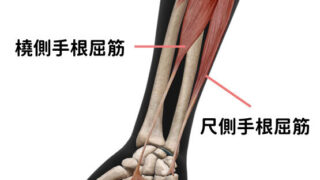 Jan 21, 2026Golfer’s Elbow
Jan 21, 2026Golfer’s Elbow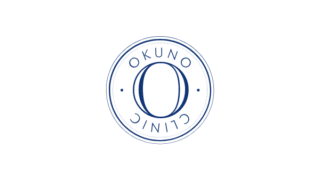 Sep 12, 2025โรคเกาต์ FAQ
Sep 12, 2025โรคเกาต์ FAQ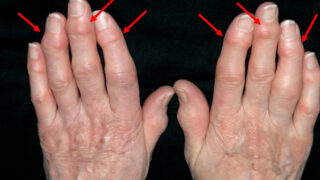 Sep 12, 2025Heberdens Nodes FAQ
Sep 12, 2025Heberdens Nodes FAQ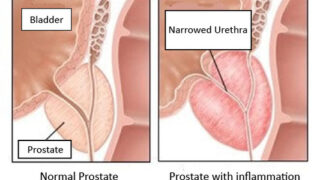 Feb 7, 2025Chronic prostatitis โรคต่อมลูกหมากอักเสบ
Feb 7, 2025Chronic prostatitis โรคต่อมลูกหมากอักเสบ